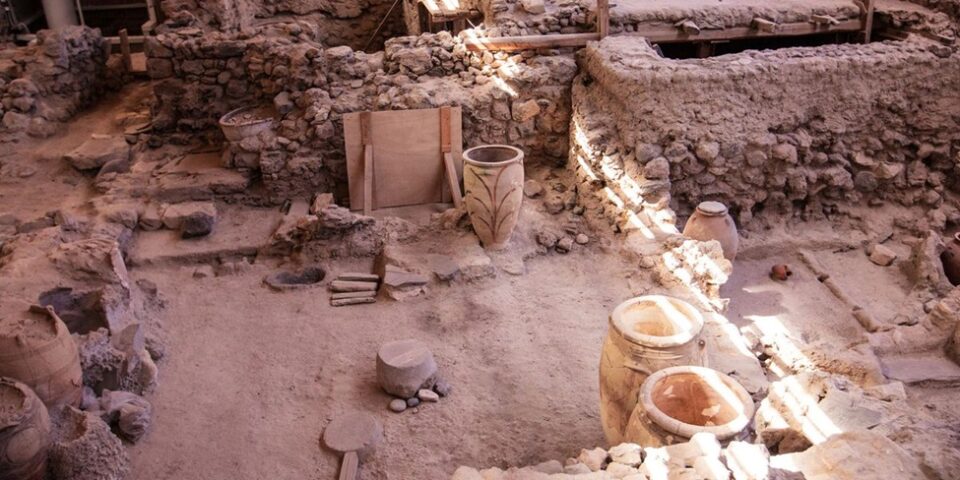Archaeological excavation is more than just digging in the ground. It is a fascinating and important activity that uncovers the past, revealing stories that shape our understanding of history. Below are five essential benefits of archaeological excavation that highlight why this practice is vital for everyone.
1. Uncovering History
Archaeological excavation helps us learn about past civilizations, cultures, and people. By digging up artifacts, researchers find clues about how ancient societies lived. These items, whether tools, pottery, or buildings, tell us stories of everyday life, beliefs, and innovations.
The more we dig, the more we understand how different cultures interacted with each other and the world around them. This knowledge fills gaps in our historical records and helps us connect with those who lived before us. Every discovery adds a piece to the puzzle of our shared history.
2. Preserving Cultural Heritage
Excavations are crucial for preserving cultural heritage. Many ancient sites are at risk of being lost due to natural disasters, urbanization, or neglect. Through excavation, we can carefully recover and protect artifacts that are otherwise in danger of disappearing.
The preservation of cultural heritage ensures that future generations can learn from and appreciate the history and traditions of their ancestors. It also helps to maintain the identity of communities that have rich and diverse pasts. These sites and objects are important symbols of who we are as humans.
3. Gaining Insights into Ancient Technologies
Through archaeological excavation, we uncover the technologies and innovations of past societies. Ancient tools, construction methods, and even art reveal how people used their environment to solve problems. Understanding these techniques can inspire modern science and engineering.
For instance, finding ancient agricultural tools helps us learn how early humans developed farming practices. These discoveries might not only be fascinating but could also offer solutions to modern challenges like sustainability or resource management.
4. Contributing to Modern Science
Archaeology isn’t just about the past; it also contributes to current scientific fields. Excavations provide valuable data for disciplines such as geology, biology, and anthropology. Studying ancient remains and environmental changes can give us insights into climate change, disease, and human evolution.
For example, by analyzing ancient human skeletons, archaeologists can learn about past diseases and health conditions. This knowledge can help doctors and scientists better understand the evolution of health issues and find ways to prevent or treat them today.
5. Strengthening Cultural Understanding and Tolerance
Archaeological excavation plays a significant role in promoting cultural understanding. By studying the remains of diverse civilizations, we learn about the richness and variety of human experiences. This fosters a greater respect for different cultures and traditions.
In a world where conflict and misunderstanding are common, understanding the history and values of others can be a powerful tool for building peace. Excavations allow us to see that while our cultures may differ, we share a common human experience that unites us across time and space.
Conclusion
Archaeological excavation offers invaluable insights into the past, helps preserve our cultural heritage, and even supports modern scientific research. It strengthens our understanding of ancient technologies, provides crucial information about human health, and fosters greater cultural awareness.
In essence, excavation brings history to life, reminding us of where we come from and guiding us toward a more informed and connected future.

